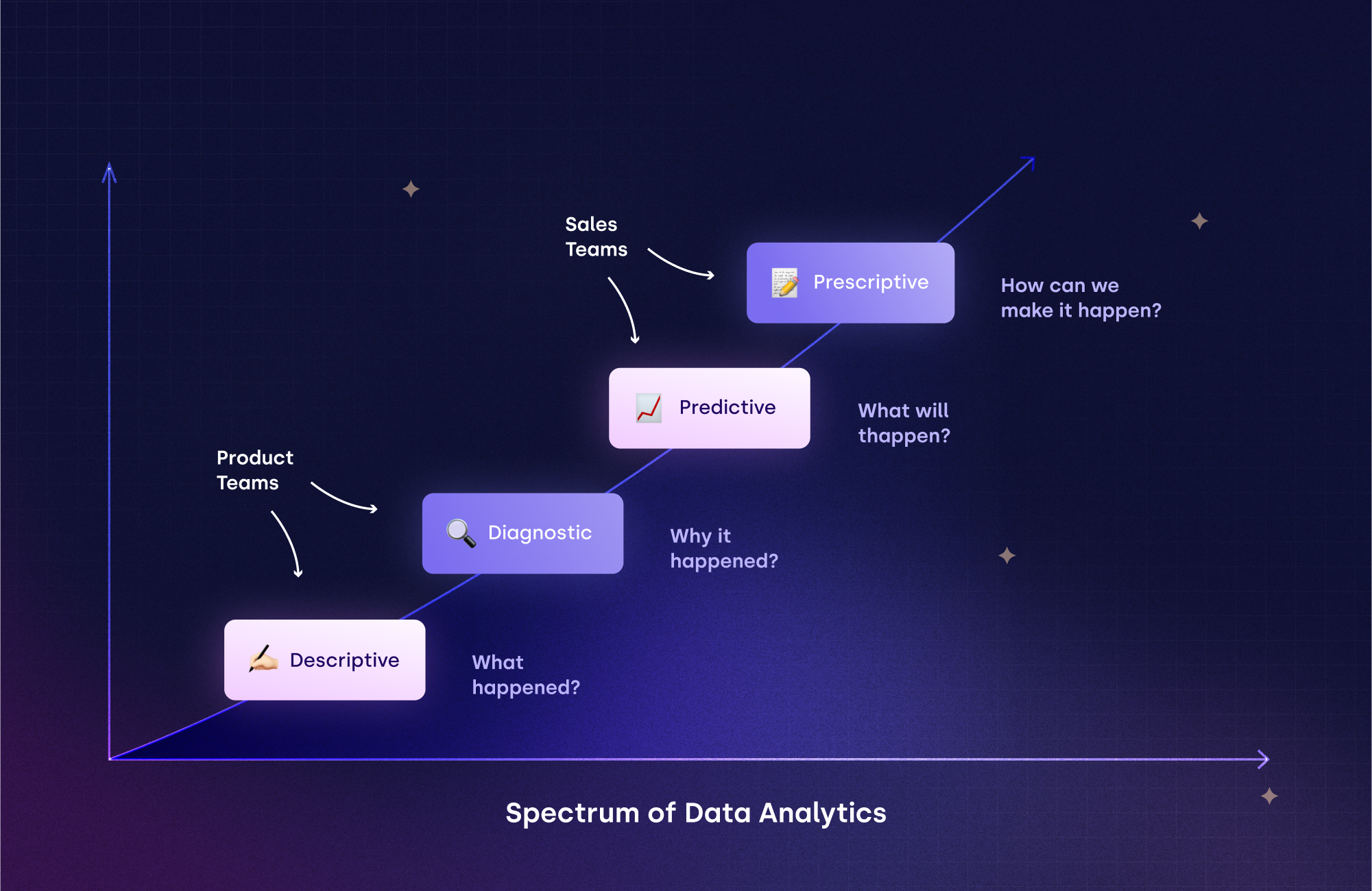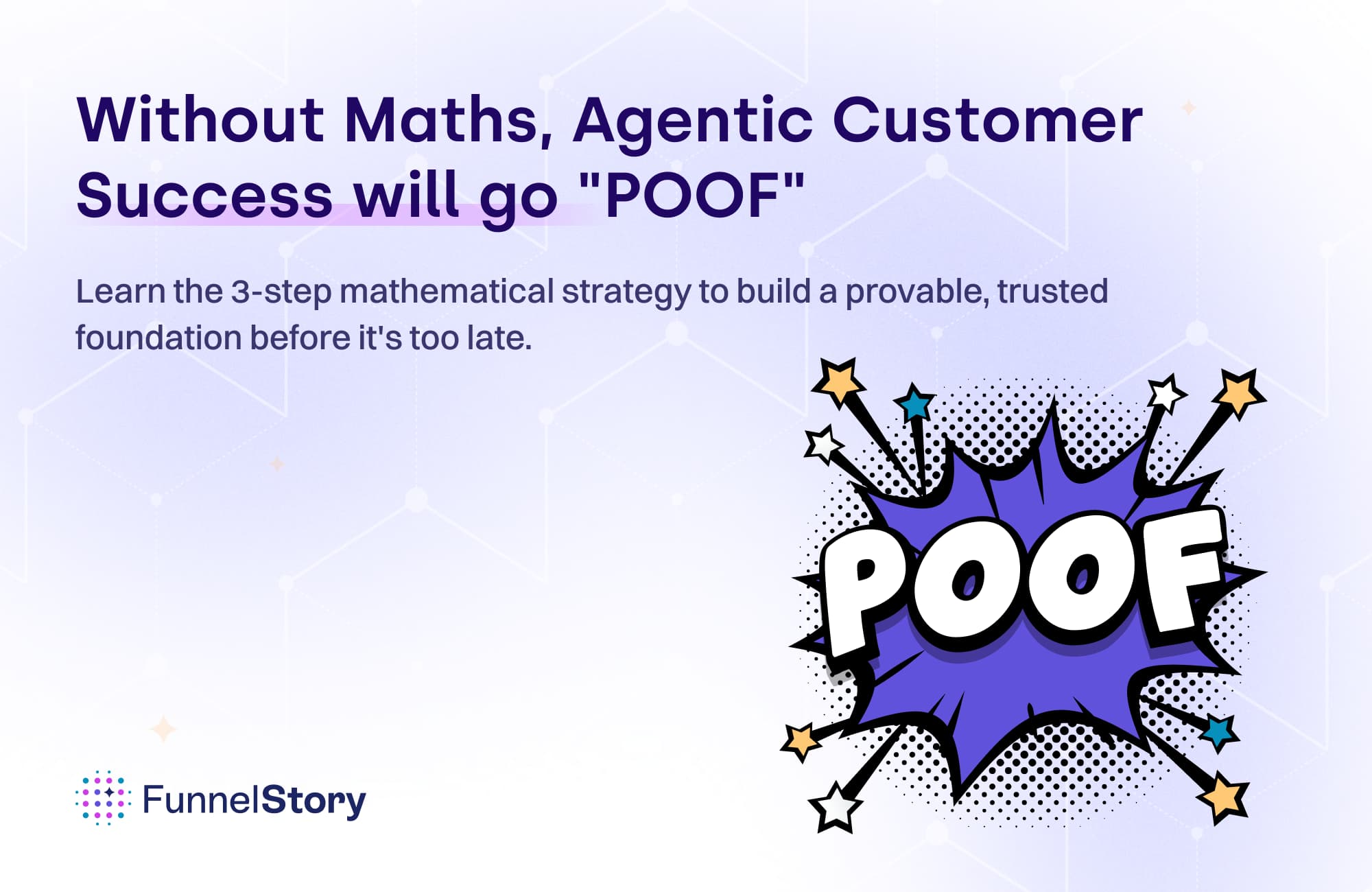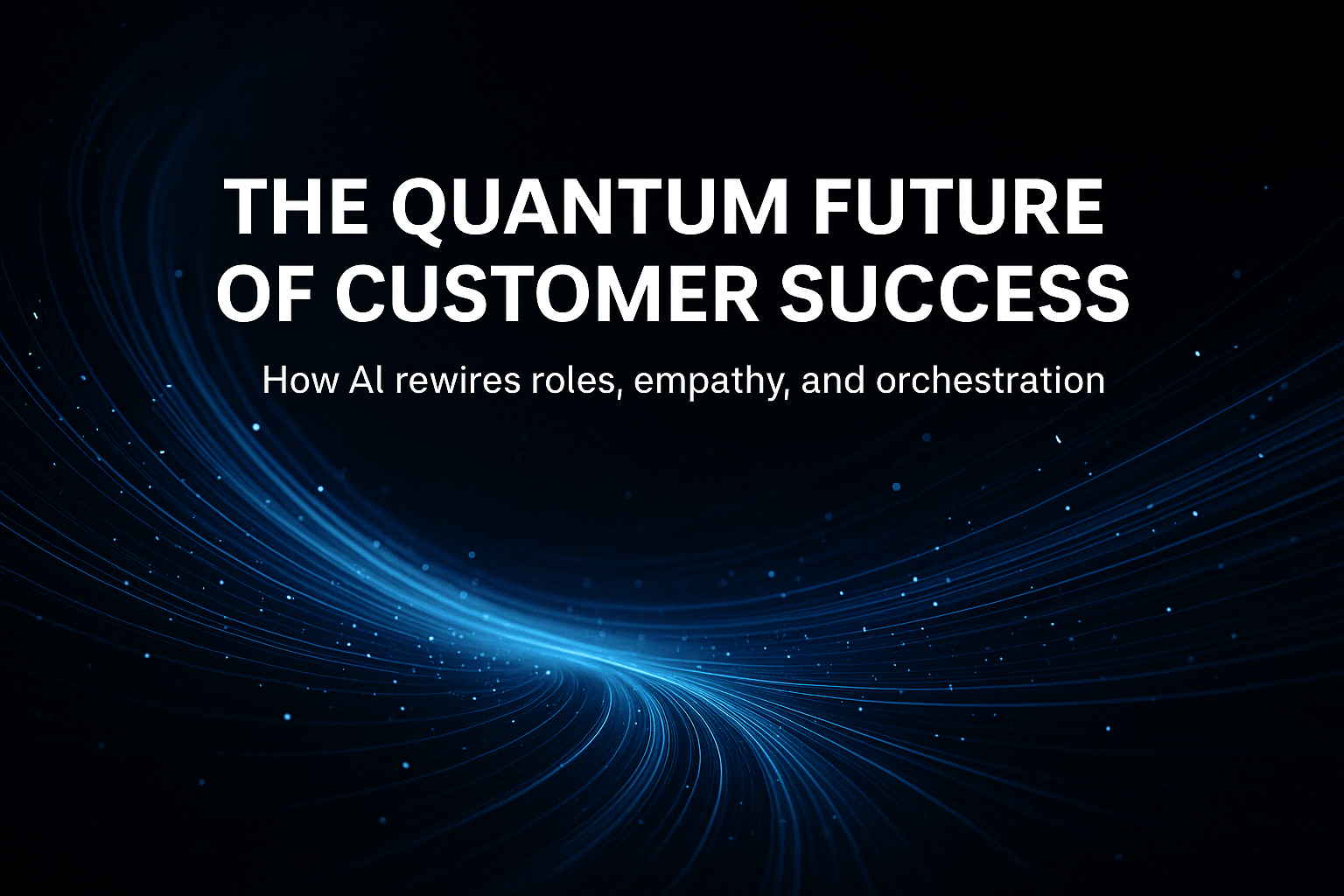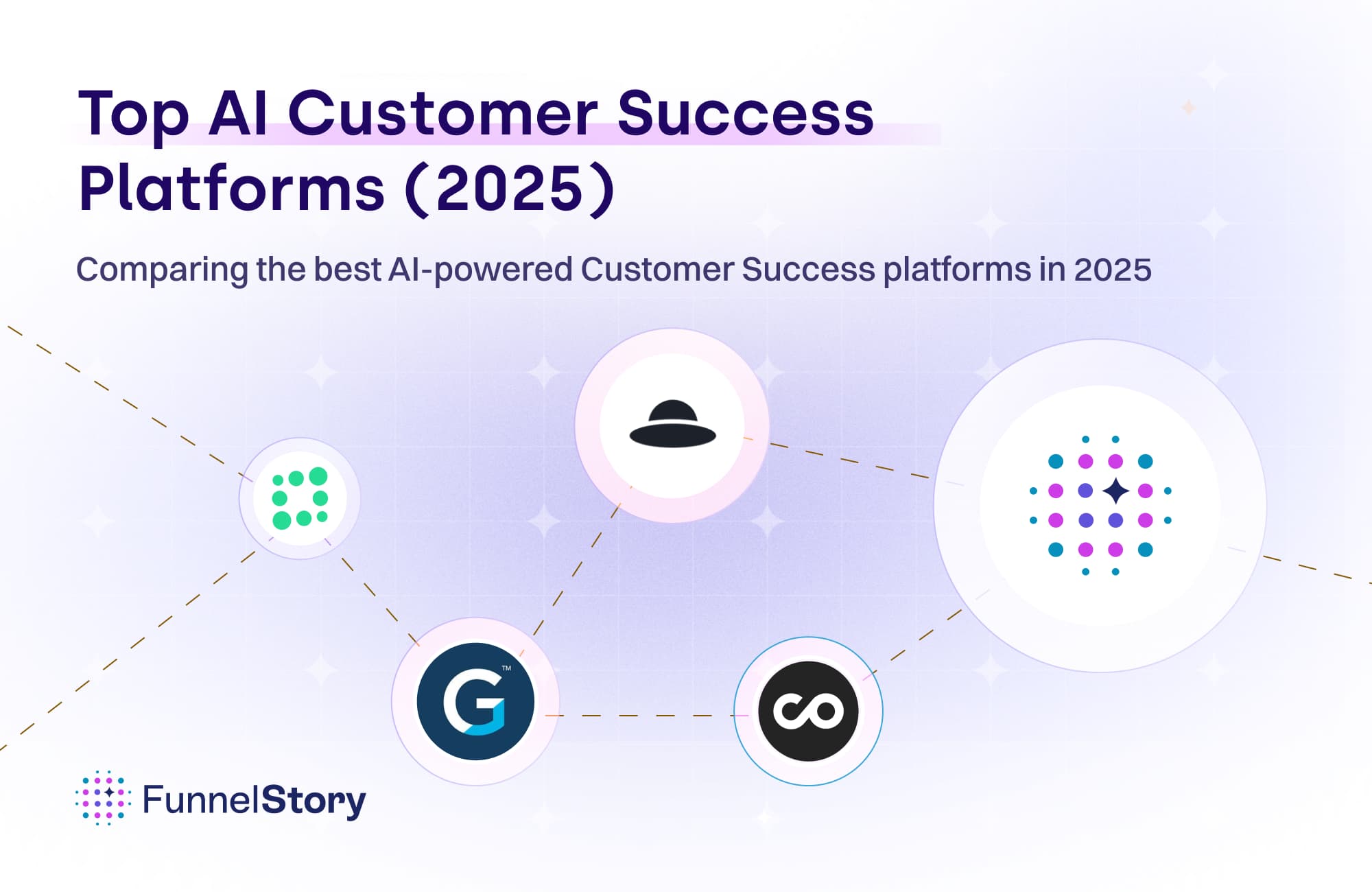In this article
Counterpoint: Product Analytics is NOT helpful for Sales Teams
Your sales team and your product teams have different data needs. Learn how to make product data more accessible to your sales team.

By Alok Shukla
Cofounder and CEO
Aug 23, 2023
3 min read
TL/DR - Product teams are exploratory, market-driven, and take a long-term view; Sales teams, are deal and customer-focused with a preference for actionable data. Because of this, their needs are vastly different. The problem is that Product Analytic platforms are designed for a product persona, yet sales teams still try to use them daily. It's time to return to the drawing board and redesign data platforms for sales teams
As part of my journey of building FunnelStory, I have conversed with over 100+ product and revenue leaders in the last year. While these conversations have been infinitely illuminating, one particular insight has stood out.
Product Analytics data is mostly NOT useful for sales teams. Graveyards of unused Amplitude, Pendo, and Mixpanel implementations are lying unused by sales team.
This might come across as counter-intuitive; however, the rationale driving this insight is pretty simple.
Product and sales teams' needs are at two ends of the data analytics spectrum.
In simple terms, while product teams are more focused on prescriptive and diagnostic user/customer analytics, sales teams are more focused on predictive and prescriptive analysis of accounts on their radar.

Product teams are product-focused
A product team can have many roles - product managers, product designers, product marketers, software engineers, analysts, UX/UI engineers, etc. However, their personas have a few common traits toward data analysis, such as:
Being comfortable with exploratory analysis.
Taking a long-term view of the data patterns.
Prioritizing markets over individual customers.
For this persona, product analytics data is often presented as a stream of user behavior observations that can help product teams validate their assumptions and identify scopes of product improvements to drive better experiences and ultimately engagement.
Sales teams are deal-focused
On the other hand, sales teams - account executives, sales engineers, sales operations, sales development representatives, etc. - approach product usage data to answer particular questions to help them close deals. Some common questions they seek to answer are:
What stage is the customer account in the overall product funnel?
What is the median time for an account to complete a product funnel stage? Where is a specific customer account stuck in the funnel?
What is the likelihood of trial/adoption success for a customer? What is the likely time for success?
What signals indicate a likelihood of conversion?
When and how do I engage with a customer account in the funnel?
How do I move a stuck account auto-magically to the next stage?
Ideally, sales data analytics is deal-focused, time-bound, action-oriented, and benefits from predictive value.
How can the sales team use product data?
Product teams can help their sales counterparts by returning to the first principles of persona management while preparing product usage data for a sales audience. While each case is unique, following these seven principles can be helpful in a B2B context.
Accounts are more important than individuals.
Not all accounts have the same importance. You must help sales identify the deals that are more important than others.
Not all user activities are created equal. Finding out what behaviors are linked to purchasing behavior is critical.
No two users are the same. Some users have a disproportionate impact on the success of an account than others.
Don’t show the sales team activity reports. Sales teams need to see account data in stages or a funnel view.
Don’t only show individual user activities. Accounts purchase, not individuals.
Don't just flag problems, like “engagement is down”. Guide sales to answers and prescriptions on how a customer can be moved to the next stage.
Funnel Intelligence for Product Trials and Customer Adoption
FunnelStory is a Funnel Intelligence and automation platform for Sales leaders, designed grounds up for a sales persona audience. Our mission is to provide specific answers to the most critical questions for sales leaders, helping them optimize their trial and adoption funnels, coach their teams for success, prioritize revenue-bearing opportunities, and confidently forecast revenue.
Get in touch with us here for a free demo.



